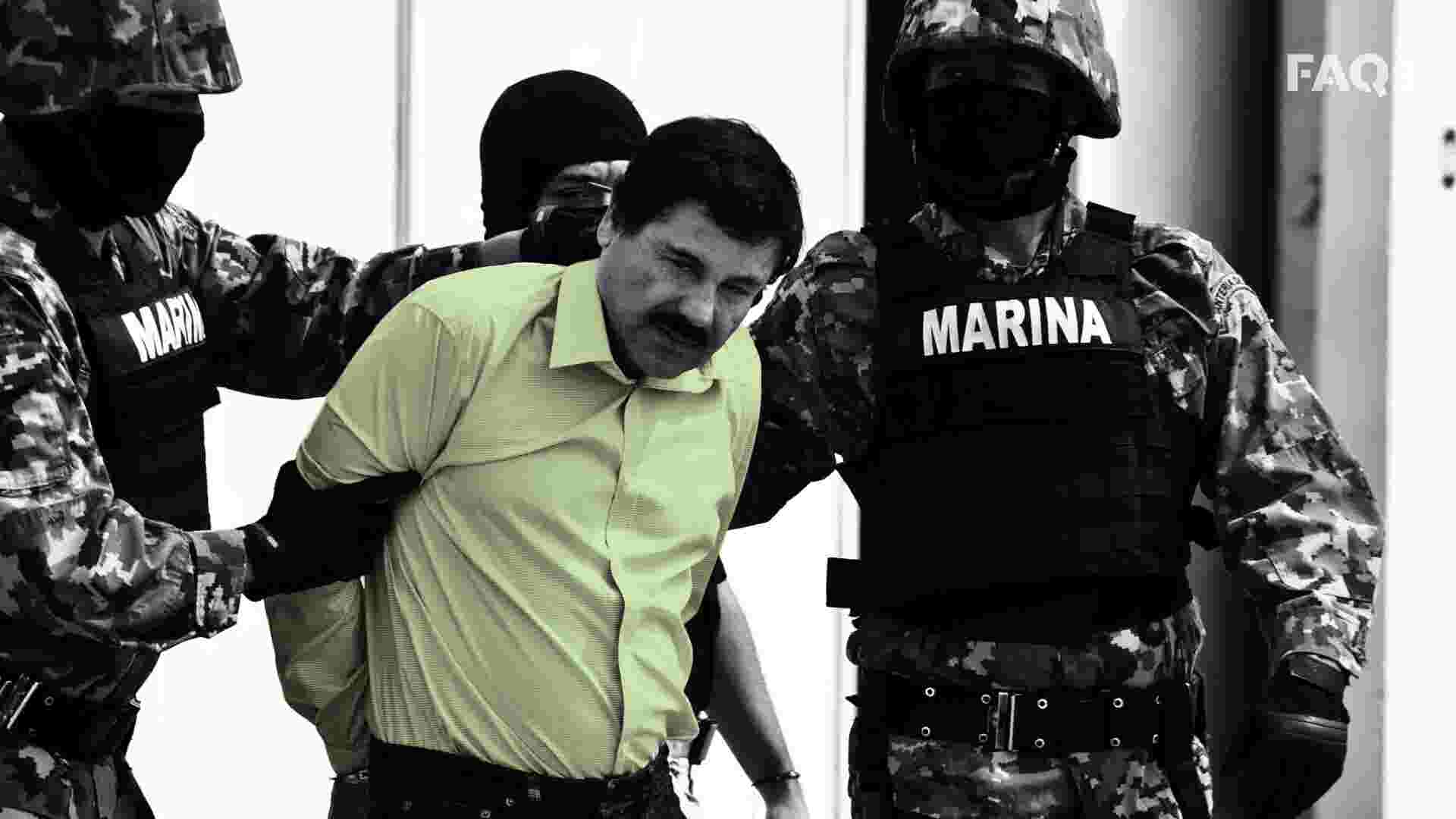
Singer Receives Mexican Protection Amidst Drug Cartel Threats
Following numerous death threats from a notorious drug cartel, renowned Mexican singer Melissa Robles has been granted protective security from the Mexican government. This unprecedented move has sparked heated debates about the government's role in safeguarding musicians and the alarming rise of cartel violence in the entertainment industry.
Drug Cartels and the Music Industry
Mexico's vibrant music scene has long been marred by the influence of drug cartels. Artists who refuse to pay "protection money" or glorify rival gangs often face dire consequences, including extortion, kidnappings, and even murder. The Jalisco New Generation Cartel (CJNG), one of Mexico's most powerful syndicates, has been particularly notorious for targeting musicians.
The CJNG's tactics have instilled fear into the music community. In 2019, popular singer Christian Nodal received a direct threat from the cartel, forcing him to cancel a concert. In another incident, singer Tito Torbellino was shot and killed after refusing to perform at a cartel event.
Melissa Robles' Case
Melissa Robles, known for her soulful mariachi music, has become the latest target of cartel threats. According to her public statements, she has received several death threats from the CJNG, demanding that she stop performing in their territory. Faced with imminent danger, Robles reached out to the Mexican government for protection.
The Mexican government responded swiftly, providing Robles with around-the-clock security detail. This unprecedented move signifies a shift in the government's approach to cartel-related threats against musicians. In the past, officials have often been reluctant to intervene, fearing reprisals from the cartels.
Government's Role
The government's decision to protect Melissa Robles has been met with mixed reactions. Some critics argue that it sets a dangerous precedent and could embolden other musicians to seek protection, straining the already limited resources of law enforcement.
However, proponents of the decision maintain that it is a necessary step to combat the growing threat of cartel violence in the music industry. They argue that musicians have a right to perform their art without fear of intimidation, and the government has a responsibility to protect its citizens.
Implications and Concerns
The case of Melissa Robles raises several broader concerns about the cartel's infiltration of Mexican society. It highlights the extent of their power and the impunity with which they operate. The government's response, while commendable, may also inadvertently legitimize the cartels' authority over certain sectors.
Furthermore, the incident has brought into focus the plight of other musicians who may be vulnerable to cartel threats but do not have the privilege of receiving government protection. It emphasizes the need for a comprehensive strategy to address the systemic violence faced by artists in Mexico.
Conclusion
The singer Melissa Robles' case has exposed the deep-rooted problem of drug cartel violence in Mexico's music industry. The government's decision to provide her with protection is a significant step, but it also raises questions about the broader role of the government and the long-term implications of cartel influence on Mexican society. Unless there is a concerted effort to tackle the root causes of cartel violence, the safety of artists and the vitality of the music industry will remain at risk.

0 Comments: